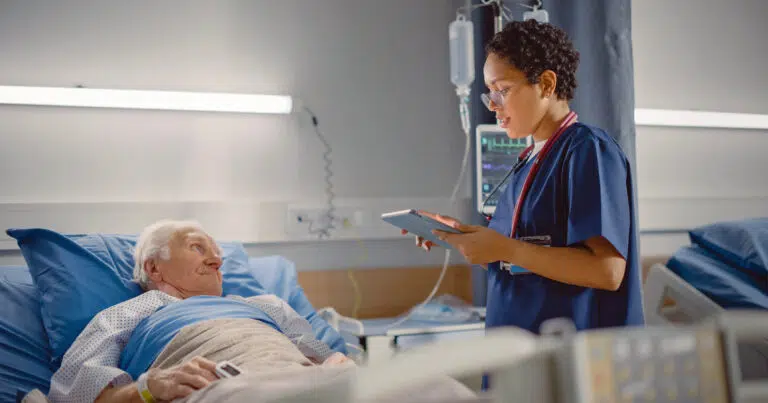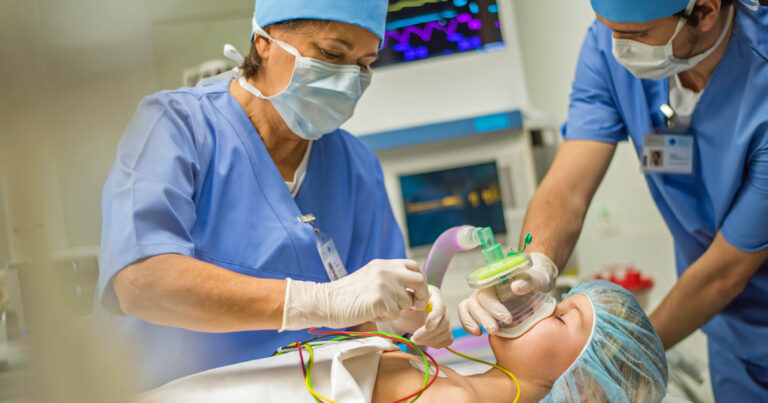Apheresis Nurse Career Guide
Looking for a different career guide?
Overview
Apheresis Registered Nurses (RNs) play a crucial role in the field of healthcare, specializing in apheresis procedures that involve separating blood components for therapeutic purposes. These skilled professionals are responsible for performing essential tasks to ensure the successful collection of specific blood components, such as plasma, platelets, or white blood cells, to treat a variety of medical conditions.
Education
To embark on a career as an Apheresis RN, aspiring candidates must first obtain a nursing education. This typically involves completing a Bachelor of Science in Nursing (BSN) degree program, which typically takes about four years to complete. Alternatively, an Associate Degree in Nursing (ADN) followed by a BSN completion program is also an acceptable path.
After
Skills
Success in the field of apheresis nursing demands a blend of technical, interpersonal and critical thinking skills. Apheresis RNs need a thorough understanding of blood components, aseptic techniques and medical equipment used in the process. Attention to detail is essential to ensure accurate collection and processing.
Excellent communication skills are vital when interacting with patients, explaining procedures and addressing concerns. Apheresis
Responsibilities
The role of an Apheresis RN involves a range of responsibilities, including:
Preparing patients for apheresis procedures, explaining the process and addressing any concerns.
Monitoring patients' vital signs and responding promptly to any adverse reactions.
Operating apheresis equipment and ensuring accurate collection and processing of blood components.
Collaborating with the medical team to determine the appropriate apheresis protocol for each patient.
Providing emotional support to
Salary Insights
The average salary for a Apheresis Nurse is $2,087.83 per week.
Last updated on December 21, 2024. Based on active jobs on Vivian.com.
Pros & Cons
Pros:
Fulfilling and impactful work that directly contributes to patient well-being.
Opportunities for continuous learning and professional development.
Specialized skills that are in demand in various healthcare settings.
Competitive salary and potential for career advancement.
The chance to work with cutting-edge medical technology.
Cons:
Exposure to potential emotional stress due to working with critically ill patients.
Physically demanding nature of the job, including long hours on your feet.
Possibility
Some of the content on this page was enhanced using artificial intelligence.
Join over 1 million healthcare workers that are getting a head start with Vivian.
Join Vivian







